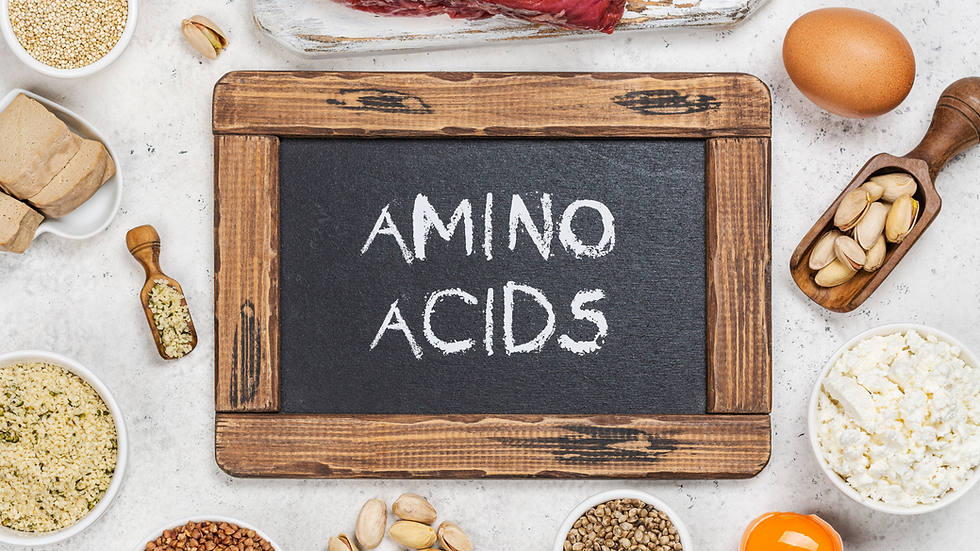Let's Talk About Hay Fever
- Kelly Foster

- Oct 7, 2021
- 1 min read
Updated: May 11, 2022

It’s that time of year here in Melbourne! Hay fever can make spring a dreaded season for many people, specifically in regions where seasonal winds and high pollen count creates the perfect storm for seasonal allergies. Luckily there are plenty of ways we can utilise nutrition and herbal medicine to combat this. First off lets talk about what hay fever actually is. In spring when there is the highest amount of airborne pollen, this can be inhaled and cause irritation to respiratory tract tissues, prompting an immune response, causing further inflammation and allergy symptoms. The body has now recognised pollen as an invading pathogen and responds to it as such each year when pollen count is high.
A Naturopathic Perspective Into This
Modulate immune function
Reduce inflammation
Modulate histamine response
Optimise microbiome
Specific Nutrients
Zinc, Vitamin C, Quercetin and Bioflavonoids: Strong anti-oxidants that can help clear histamine, reduce inflammation, stabilise cell membranes, modulate mast cells and support mucosal tissue repair.
Vitamin D
Modulates misdirected immune responses, down-regulates inflammatory processes, stabilises cell membranes.
Bromelain
A proteolytic enzyme with anti-inflammatory actions and ability to assist in mucous breakdown.
NAC
Potent anti-oxidant, anti-inflammatory and mucous clearing agent.
Probiotics
Lactobacillus spp., Bifidobacter spp., etc. promote microflora homoeostasis, therefore improving the mucosal immune and barrier functions, helping to reduce allergies.
Specific Herbs
Echinacea spp: Immune modulating, lymphatic.
Scutellaria baicalensis (baikal skullcap): Anti-allergic, immune modulating.
Albizia lebbeck (albizia): Anti-allergic.
Hydrastis canadensis (goldenseal): Anti-inflammatory, mucosal trophorestorative. However, endangered, consider using Calendula officinalis (marigold) instead.
Euphrasia officinalis (eyebright): Mucous reducing, anti-inflammatory.




Comments